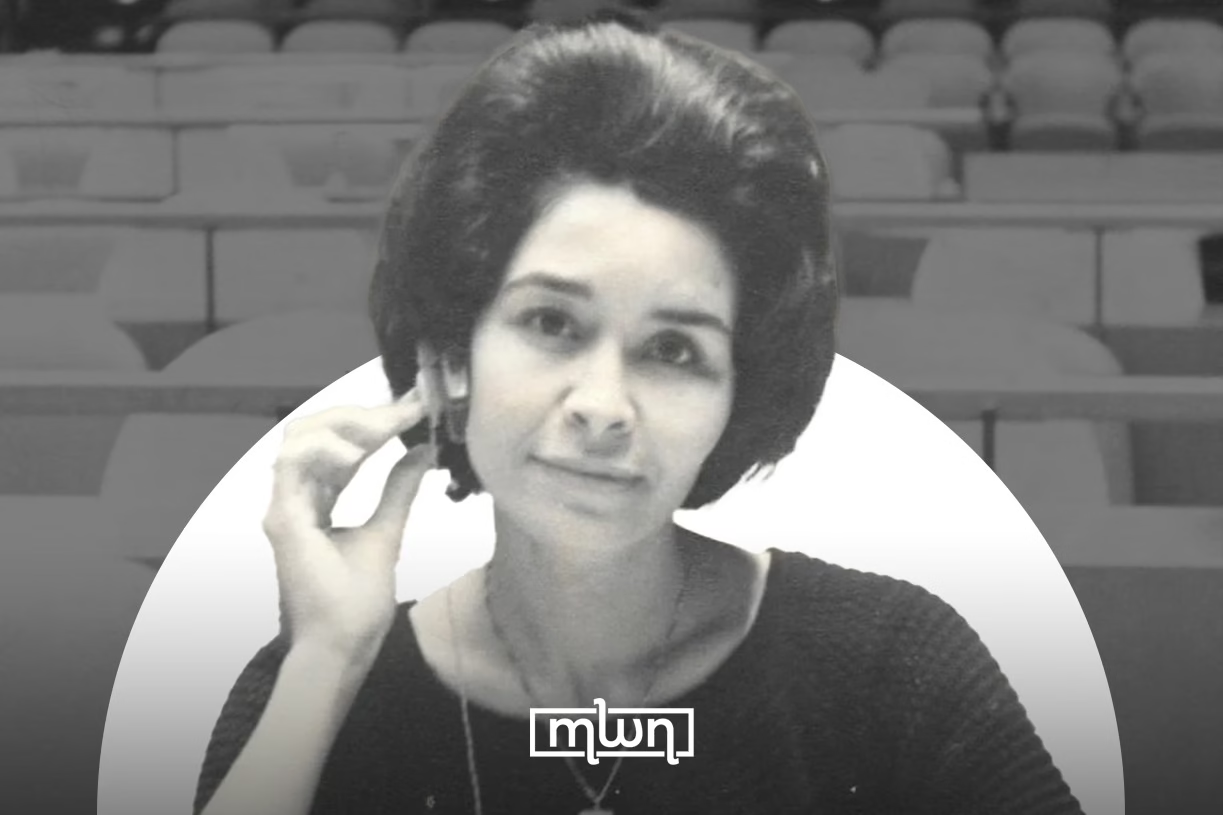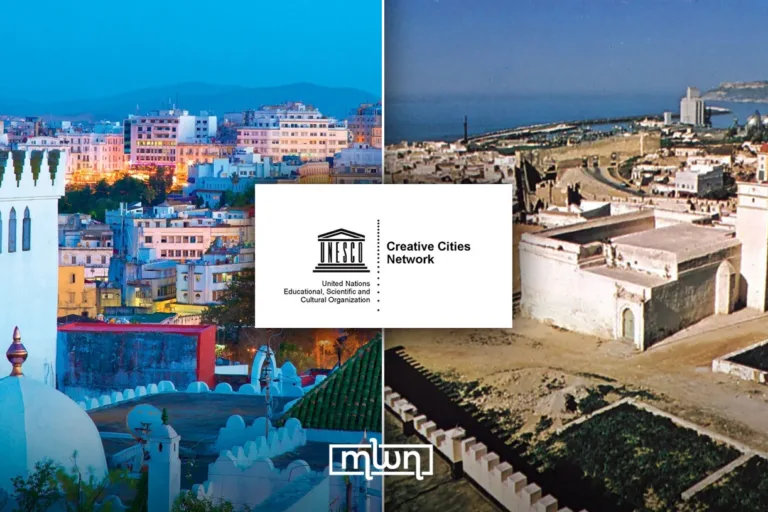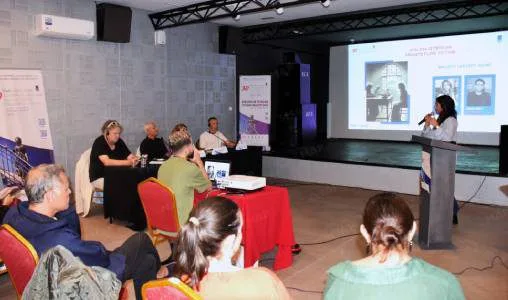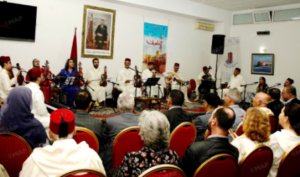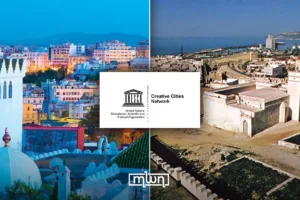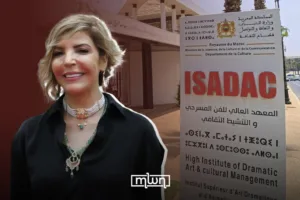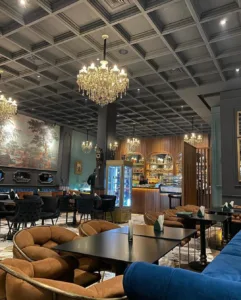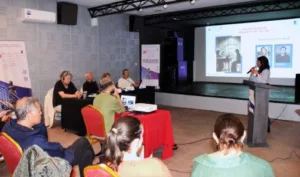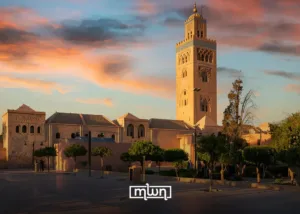Diplomat, pioneer, and fearless voice for justice, Halima Elouarzazi lived history by changing it.
Fez – Halima Elouarzazi was born on April 17, 1933, in Casablanca, at a time when Moroccan women weren’t expected to step onto the world stage, let alone shape it. But Elouarzazi was never one to play small.
She studied literature at Cairo University and soon after became one of the first Moroccan women to hold a diplomatic post.
Between 1959 and 1967, she served as a cultural attache at the Moroccan Embassy in Washington, quietly paving the way for generations of women in foreign service.
Her rise didn’t stop there. In 1973, she joined the United Nations Sub-Commission on the Prevention of Discrimination and Protection of Minorities.
That same year, she became an expert member of the UN Committee on the Elimination of Apartheid and Racial Discrimination, decades before “diversity and inclusion” became corporate buzzwords.
Throughout the 1980s and 1990s, Elouarzazi’s name was attached to every major human rights initiative at the UN.
She chaired working groups, led special commissions, and in 1985, was appointed Special Rapporteur for a task force investigating harmful traditional practices against women and children.
That wasn’t just paperwork, it was about confronting taboos and pushing for global accountability.
By 1989, she had returned to Morocco as Director of International Organizations at the Ministry of Foreign Affairs and Cooperation.
But she kept one foot firmly in the international arena.
In 1992, she chaired the third preparatory committee for the World Conference on Human Rights.
That same year, she was re-elected to the UN Sub-Commission and led a working group on emerging forms of racism. Her influence was anything but symbolic.
In 1997, she was unanimously elected Vice-President of the Sub-Commission. This was a fitting recognition for someone who had spent decades confronting racism, discrimination, and silence.
In 2008, at the age of 75, she was still going strong, elected to the Advisory Committee of the UN Human Rights Council in Geneva.
Elouarzazi didn’t just represent Morocco. She represented what it means to commit a lifetime to human dignity, diplomacy, and the kind of change that doesn’t make headlines, but moves history.
Read also: A Sacred Hilltown: Inside Moulay Idriss Zerhoun, Morocco’s First Islamic City

